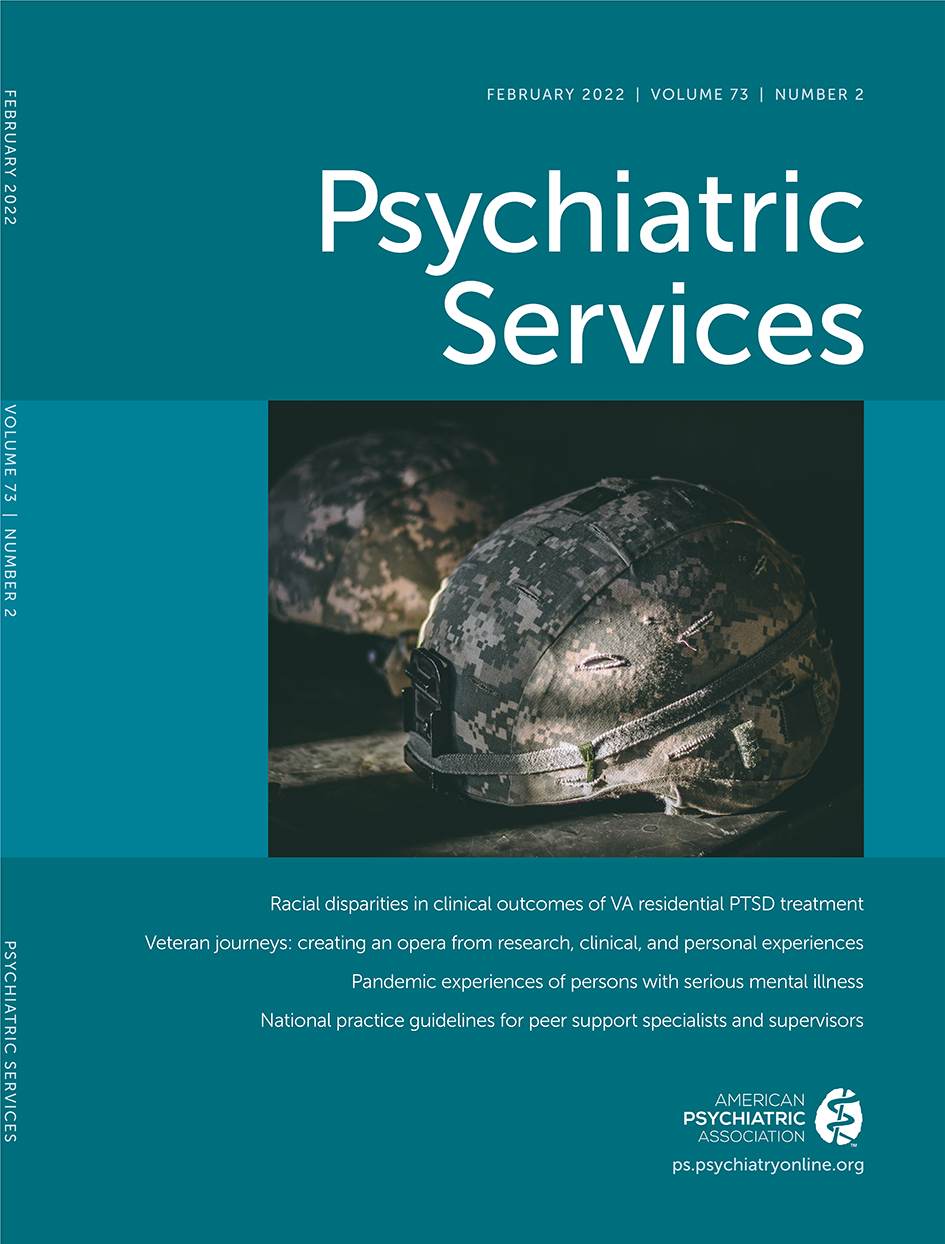Abstract
Objective:
This study aimed to characterize the experiences of persons with serious mental illness during the COVID-19 pandemic.
Methods:
Adults with schizophrenia, bipolar disorder, major depression, or no psychiatric disorder (N=195) were interviewed between July 2020 and January 2021. All were previously enrolled in a cohort study. The interviews focused on mental distress and suicidal thoughts, the impact of the pandemic and pandemic-related worries, tobacco and alcohol use, and access to care. Responses of persons with serious mental illness were compared with responses of those without a psychiatric disorder by using multivariate ordered logistic regression analyses. For a subset of participants, responses about suicidal ideation were compared with their responses prior to the pandemic.
Results:
Compared with participants with no psychiatric disorder, individuals with schizophrenia were more likely to endorse that they felt overwhelmed or anxious, had difficulty concentrating, or were concerned about medical bills and having enough food; they also reported significantly increased tobacco smoking. Individuals with bipolar disorder also reported more COVID-19–related worries than did participants without a psychiatric disorder. Overall, those with a psychiatric disorder reported more frequent mental distress and more recent missed medical visits and medications than did those with no psychiatric disorder. However, participants with serious mental illness did not report a higher rate of suicidal thoughts compared with their prepandemic responses.
Conclusions:
The pandemic poses significant challenges to individuals with serious mental illness in terms of COVID-19–related distress. Psychiatric services should proactively address the emotional distress and worries associated with the pandemic.



